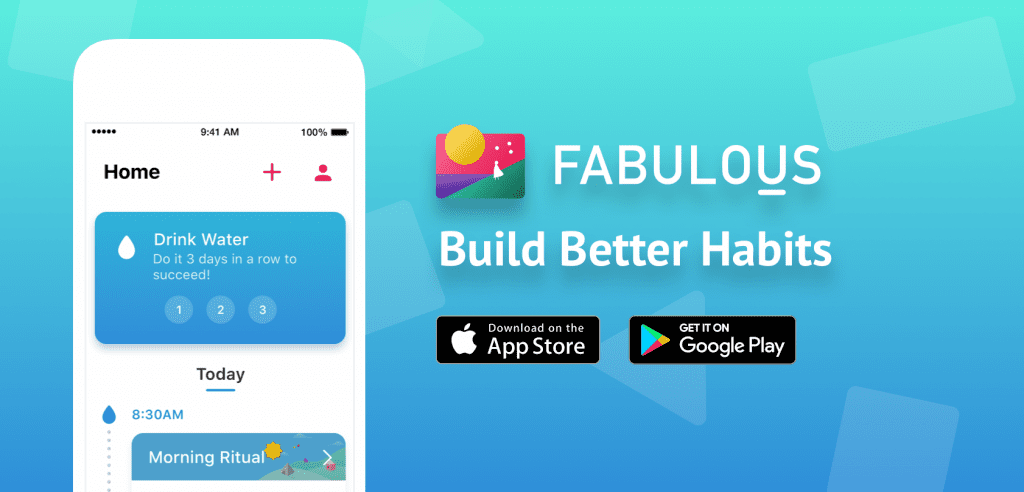The Power of Habit by Charles Duhigg explores how habits have been engrained in our lives. Whether we know it or not, our daily routines are made up of habits we’ve spent years cultivating. In fact, as much as 40% of our daily actions aren’t actual decisions, but habits.
Your alarm goes off. You snooze it without thinking, crawl out of bed, pull clothes on, and head to work, stopping for your daily coffee and bagel like you do every day. You get to work and sit at your desk… but you don’t remember how you got there! Your “decisions” to get from point A to B are out of habit formation.
Habits are a three-step process. First is the cue, or the signal that warns your brain to switch to autopilot. Next is the routine, or the action taken in response to the cue. Finally, is the reward, the payoff your brain receives for completing the routine. Rewards also help your brain figure out which habits to remember for the future.
Habits can’t be broken… but they can be reprogrammed.
If you’ve ever tried to break a bad habit, you know how hard it can be. In fact, it’s impossible to eliminate a habit altogether! That’s because our brains are hard-wired for efficiency; the brain will do anything to reduce effort, and habits—which we do without thinking—are great effort-savers. Habits are comfortable, familiar, and easy.
When you understand how habits form, however, they become much easier to control and, over time, reprogram. Reprogramming a habit is as simple as substituting the routine in a pre-existing habit loop. For example, if you wanted to limit your consumption of caffeine, substituting your morning coffee with decaf or hot tea would be a perfect way to do that. The cue of waking up in the morning and the reward of a hot beverage are the same; the only thing that’s missing is the caffeine, which goes entirely unnoticed.
One reason programs like Alcoholics Anonymous works so well is because they help alcoholics identify the cues and rewards that are connected to their drinking habit. Once they recognize the cues that prompt them to start drinking—stress, anger, or the end of a shift at work—and the rewards they derive from drinking—emotional release, relaxation, or companionship—they can identify and implement alternate routines to substitute for drinking.
Willpower is the most important keystone habit to develop.
Keystone habits are fundamental habits that affect other habits in an individual or group. Keystone habits are especially important because, when they change, they can spark a chain reaction of changes across multiple areas of how people live, work, play, and communicate with each other. They’re often simple and tend to focus on “small wins,” or minor improvements that encourage other, bigger benefits.
For example, a weight loss study in 2008 found that participants who kept a daily log of their meals lost twice as much weight as participants who didn’t. Just the simple act of keeping a food diary led to better meal planning, which led to eating healthier, which led to losing weight.
The Power of Habit discusses several keystone habits, and keystone habits can vary from person to person, but one keystone habit stands above the rest: Willpower. Duhigg names willpower as the single most important habit an individual can develop, and he’s got the science to back it up. Scientists have known since the famous Stanford Marshmallow Test of the 1960s that willpower affects every aspect of our lives, our relationships, and our futures.
Apply the Lesson: Strengthening Your Willpower Muscle
Charles Duhigg argues willpower is like a muscle in that it gets tired over time. However, it can also be trained to get stronger and work harder for longer. The secret to training your willpower is in identifying inflection points, or cues where pain and temptation are especially strong, and planning routines to match with those inflection points ahead of time.
Starbucks uses this method to train employees in customer service. They provide scripts to recite during inflection points, like when dealing with a belligerent customer.
Another important part of exercising your willpower is in believing that your habit is your choice. When people do something they don’t want to do, their willpower depletes faster than it would if they believed they were doing it for themselves.
Consider a habit you can start that would exercise your willpower muscle:
- What inflection points can you identify?
- What routines will you have in place when temptation strikes?
- How can you make it personal?




